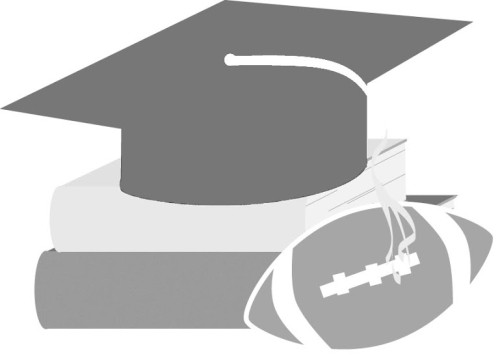SIMSANITY: Collegiate Sports For Academic Credit?
Sports at the college level have been known to take loads of time. Practice in the mornings and nights dictates athletes like another class. Yet these same athletes can’t use this time towards a major or any classes that will help them graduate since most will not make it to the pros. In January, two former University of North Carolina (UNC) students filed a lawsuit claiming that the university and the National Collegiate
Athletic Association (NCAA) failed to educate them. Upon investigation at UNC, the graduation rate for Division-1 athletes in major sports like football and basketball was about 50%.
Now what could be done to help athletes graduate? The easiest way would be to allow them gain academic credits through their sports directly. Since these players already spend about 50 hours a week with their respective sports, it would be reasonable if not right for them to be able to use it in a way that helps their future. For example, according to The New York Times, a good way to educate would be to have athletes evaluate themselves, strategize and keep daily logs of trends, something that uses critical thinking like other academic majors.
Some people say that sports just involve action and athleticism. However, as an athlete, it takes much more than that. The strategies, the plays, the injuries and recovery overlay all involve some type of learning and application. The time put in throughout the week involves lots of thinking, memorization and a test during the games. It’s almost like a traditional class but in its own unique way. In my opinion, the NCAA should look deeper in this aspect to allow athletes who don’t make the pros a better chance to graduate and be successful in the future. If anything, the NCAA needs to live up to its name and provide the best opportunity of education, even to athletes.
MOOR graphic by LESLIE HWANG

